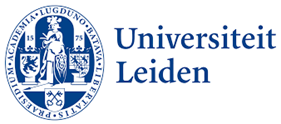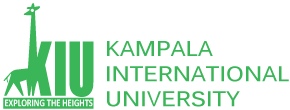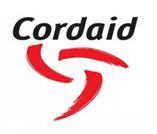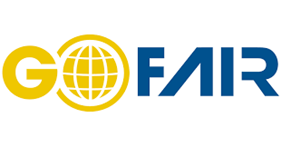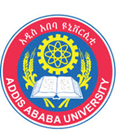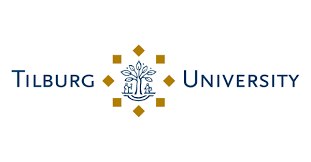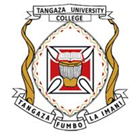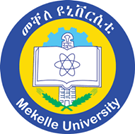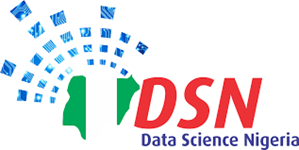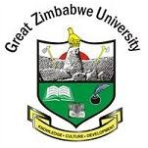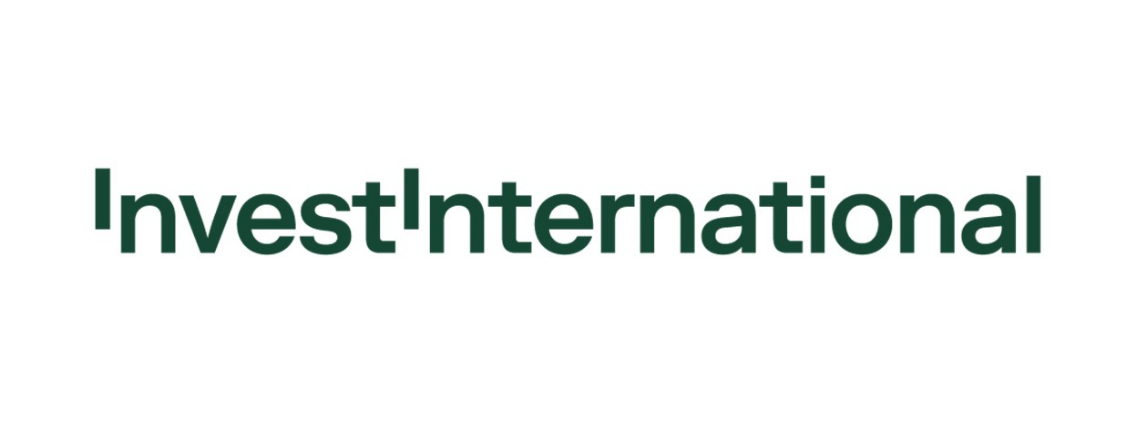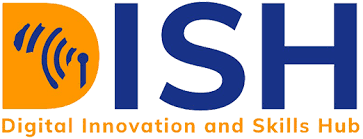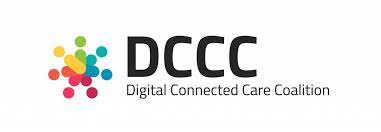VODAN Africa Celebrates One Year Anniversary
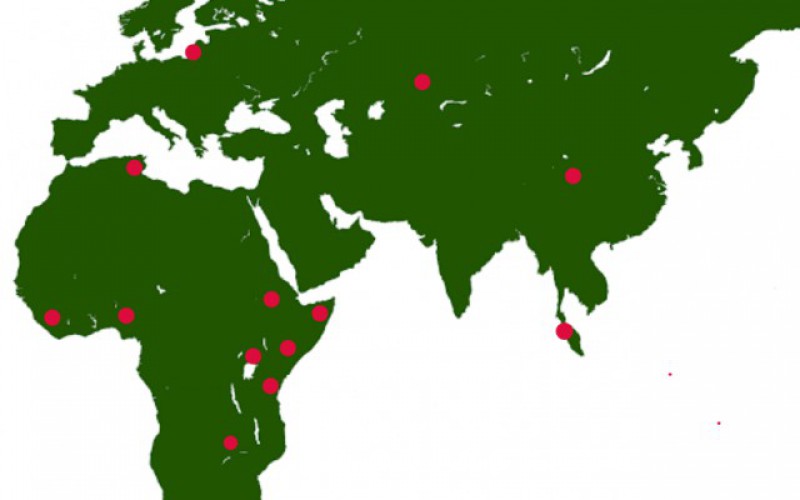
On Tuesday, April 27th 2021, VODAN Africa celebrated her 1st year anniversary amid cheers, accolades, and pure joy. Our journey as an initiative has been filled with memorable milestones, commitment, innovation, and sheer sacrifice.
The Beginning
VODAN Africa started as a child of necessity to enable access to critical data needed from Africa to fight the novel Coronavirus. According to Prof. Dr. Mirjam van Reisen, the initiative was inspired by the experience from the Liberia Ebola Virus outbreak in 2014 where sensitive data on the outbreak was lost and no longer available for Ministries of Health in Africa. In fact, Ebola data from Liberia disappeared.
“While the COVID-19 pandemic brought disruptions, uncertainties, fears, and chaos to the world; for us in Africa, it brought us opportunities. Opportunities to strengthen the existing Euro-Africa cooperation through collaborations and the formation of new partnerships. The pandemic provided us with an opportunity to develop new talents across Africa and around FAIR data management."
"An opportunity to improve healthcare delivery in Africa through FAIR data management and show that the science of data is as important as the science of medicine” said Prof. Francisca Oladipo, the Executive Secretary of VODAN Africa.
The question we set out to answer was how we can make this data Findable, Accessible, Interoperable, and Reusable (FAIR). How can we ensure Africa data ownership by making sure health data generated in Africa resides in Africa and avoid digital data removal to warehouses elsewhere?
According to Prof. Mirjam van Reisen, the Global Coordinator of VODAN Africa, “We realized there were big issues with data leaving the African continent and not returning. Given that data do not return, the relevance to clinical health data at point of care is extremely limited. And this has consequences. Because now, data from Africa on COVID are missing. This is a problem for the entire world and for the healthcare workers on the African continent.”
“So, we asked the question, why is this so? Because Africa produces clinical data. We set out to develop a system that would ensure data ownership in residence, with data analytics available at a point in care and a smart system for data visiting - instead of moving the data. The African developers have been absolutely ingenious, and it is amazing to see this system now from an idea coming to live.”
The First Phase of VODAN Africa (April – September 2020)
Our mission was focused on developing African expertise in this fight. With sponsorship from Philips Foundation, we embarked on an intense Training of Trainers (ToT) program to equip the data stewards from Africa. They were trained on FAIR Data Management, Principles of FAIR Data, FAIR Data Point (FDP) deployment through webinar series hosted by Christine KirkPatrick of San Diego Supercomputer Center, Metadata For Machine (M4M) Workshops conducted by Eric Schultes, the International Science Coordinator, GO FAIR Foundation.
We had committed partnerships and support from Philips Foundation, Leiden University, GO FAIR Foundation, CODATA, Cordaid, Kampala International University Uganda, Tangaza University Kenya, Mekelle University, and Addis Ababa University, both in Ethiopia, Ibrahim Badamasi University and Data Science Nigeria, University De Sousse Tunisia, Great Zimbabwe University.
At the end of the first phase, the initiative deployed 9 FDPs in Ethiopia (2), Kenya (2), Nigeria (2), Tunisia (1), Uganda (1), and Zimbabwe (1). Another FDP was deployed at the Leiden University Medical Center in The Netherlands.
The Second Phase (October 2020 - Date)
Our focus in this current phase is on the production of observational patient data at some selected clinics and hospitals in Ethiopia, Kenya, Liberia, Nigeria, Somalia, Tanzania, Uganda, and Zimbabwe. The data produced will be machine-readable, FAIR, and will remain in the health facility where it was produced ensuring data ownership and analytical capabilities.
Our technical team is retooling CEDAR metadata to reflect the unique scenarios in our participating countries. The architecture was designed to capture clinical and research data (non-clinical data) and allow independent teams to adopt the architecture. Also, a 6-level architecture for access control and security has been adopted by different stakeholders. All engagements with the Ministries of Health (MoH), proposed clinics, and hospitals in the participating countries have been activated.
With the help of John Graybeal, Technical Project Manager at CEDAR Metadata, and Dr. Mark Musen, Professor of Biomedical Informatics and Director of the Stanford Center for Biomedical Informatics Research at Stanford University, we have begun extensive training on creating ontologies and vocabularies and set up different teams to work on the controlled vocabularies for clinical and non-clinical data. With these efforts, we are on course towards the testing of the Minimum Viable Product (MVP) by September.
Last but not the least, we are grateful for the unwavering support of our sponsors, partners, leadership and country coordinators, technical leads and technical coordinators, data stewards, and stakeholders.
We are creating a FAIRified world.
